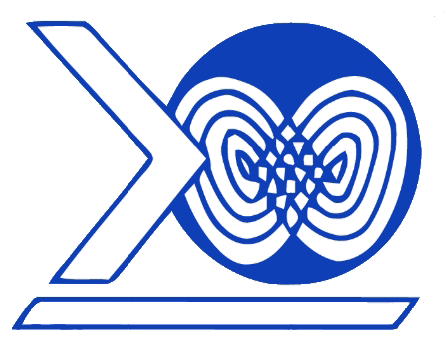Common Diagnoses and Treatments
Introduction
Following a thorough history, physical examination and clinical voice laboratory analysis, it is usually possible to arrive at an accurate explanation for voice dysfunction. Treatment depends upon the etiology (cause), of course. Fortunately, as technology has improved voice medicine, the need for laryngeal surgery has diminished. In a great many cases, voice disorders results from respiratory, neurological, gastrointestinal, psychological, endocrine, or some other medical cause that can be treated. Many conditions require prescription of drugs. However, medications must be used with caution because many of them have adverse side effects that alter voice function, as discussed above. Consequently, close collaboration is required among all specialists involved in the patient’s care to be certain that treatment of one causal condition does not produce a secondary dysfunction that is also deleterious to the voice. When the underlying problem is corrected properly, the voice usually improves; but collaborative treatment by a team of specialists is most desirable to assure general and vocal health, and optimize voice function.
